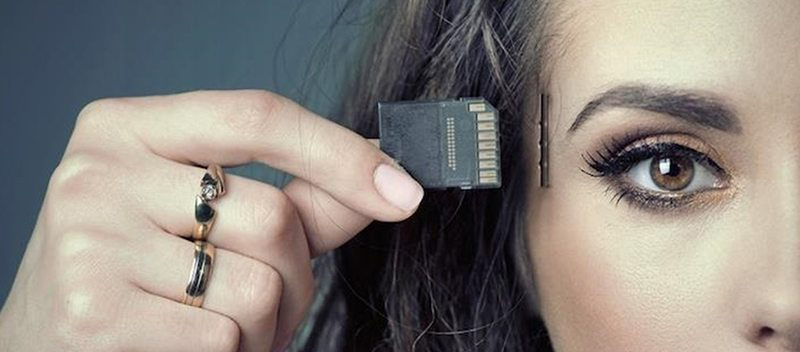Kerby Anderson
These last few weeks have provided all us with an education about memories. How well do we accurately recall events that took place decades ago? What have scientists discovered about true and false memories?
We may never know how many of the memories that have been cited and even presented in the Senate Judiciary Committee are accurate. But we do have some data that suggests that the memories of people who testify in trials are often not as accurate as they might believe them to be.
Dr. Elizabeth Loftus is a cognitive scientist and law professor who has studied the subject of memory for the last four decades. On my radio program, I cited one study of 300 people in this country who went to prison for crimes they did not commit. They were later exonerated by DNA evidence. Of those 300 who were imprisoned, three-quarters of the convictions were the result of false memories.
This shouldn’t be a surprise to anyone who has followed other stories in the news. You might remember the story of “Jackie” that appeared in the pages of Rolling Stone. She claimed she was gang raped at a fraternity at the University of Virginia. The story was not true, and Rolling Stonehad to apologize and remove the story.
Dr. Loftus has found that it is even possible to implant false memories. Her research team (while guided by an ethics committee) was able to plant in participants all sorts of false memories (being attacked by an animal, witnessing a demonic possession).
Various other researchers have discovered the same problem with memories. They suggest that our brain pulls together pieces of memory and sometimes creates memories of events that never took place.
This doesn’t mean we should never trust memories. But it does mean that if you are on a jury or if you are watching people recounting something from their past, you should be skeptical and look for corroborating evidence.
 Listen Online
Listen Online Watch Online
Watch Online Find a Station in Your Area
Find a Station in Your Area










 Listen Now
Listen Now Watch Online
Watch Online
